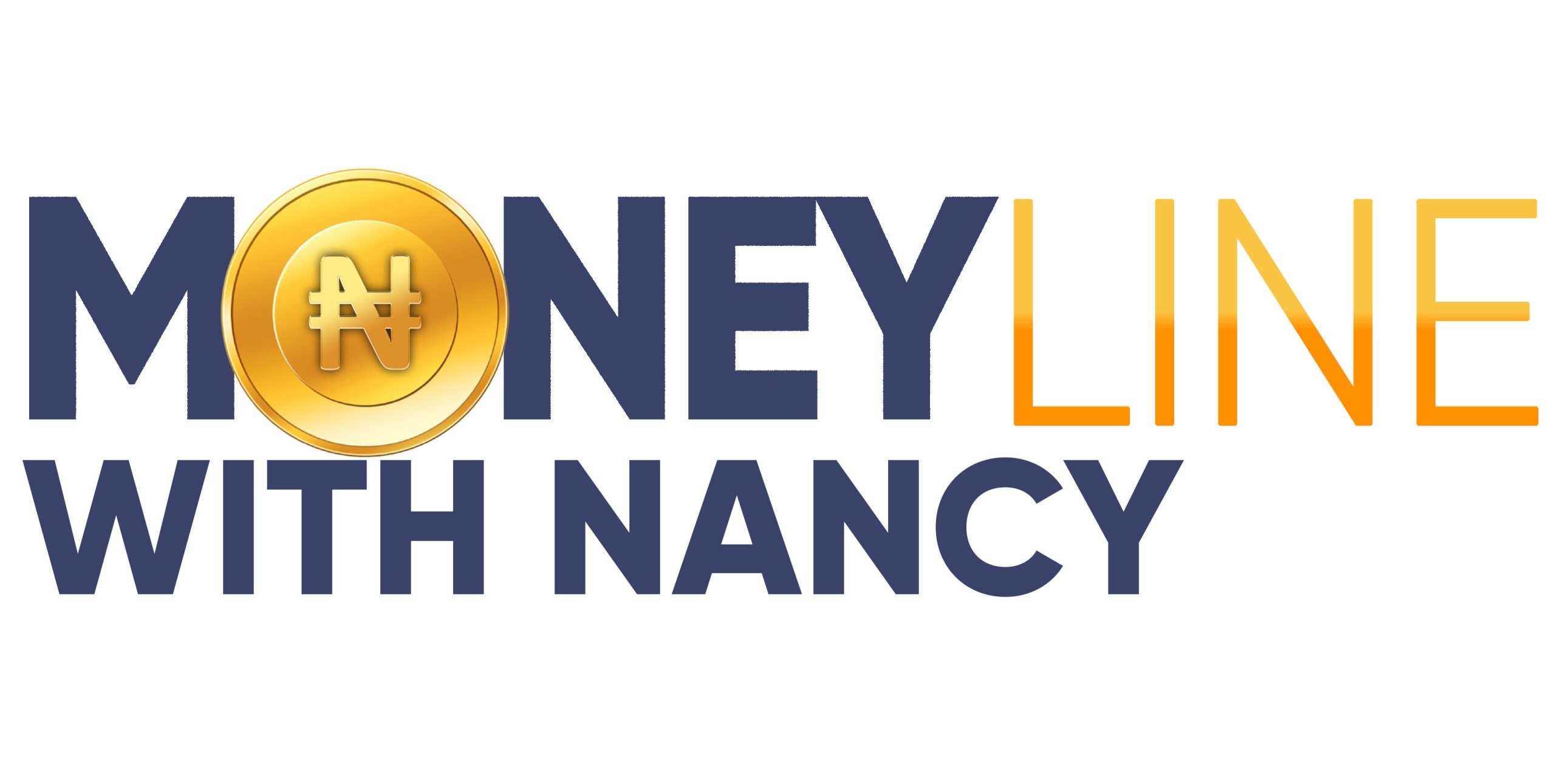Niger Fuel Crisis: Customs and Marketers Clash Over Closure of 400 Border Filling Stations

Over 400 filling stations owned by independent oil marketers in Nigeria’s border communities have remained closed since 2019 following the Federal Government’s directive to curb petrol smuggling into neighboring countries. While the Nigeria Customs Service (NCS) insists on keeping the stations shut, oil marketers lament the financial losses incurred due to the prolonged closure.
Speaking on Monday, NCS spokesperson Abdullahi Maiwada reaffirmed that the border stations would remain closed, emphasizing the agency’s commitment to preventing petrol smuggling. He highlighted the success of Operation Whirlwind, a crackdown on fuel smuggling, especially in light of the severe petrol scarcity in neighboring Niger Republic.
“You can see us everywhere seizing smuggled fuel—Adamawa, Taraba, Kebbi, Seme, everywhere,” Maiwada stated. “We will not allow fuel to get out of Nigeria illegally. Apart from the seizures, we are prosecuting those responsible.” When asked if the closed filling stations would reopen, he responded, “Yes, they remain shut!”
Independent Petroleum Marketers Association of Nigeria (IPMAN) spokesperson Chinedu Ukadike criticized the continued closure, noting that many business owners had suffered heavy losses. He argued that the measure contradicts the Petroleum Industry Act (PIA) and called for a policy review.
“Over 400 filling stations have been shut since the ban on fuel supply in border communities. The owners have remained out of business, and many jobs have been lost,” Ukadike said.
He acknowledged the initial goal of Operation Whirlwind in tackling smuggling but stressed that with the removal of the fuel subsidy, the ban should now be lifted. “The customs’ role is to impound any truck crossing the border illegally, not to seal filling stations. Nigerians live in border areas and should not suffer due to smuggling activities,” he added.
Following Nigeria’s subsidy removal and border enforcement, Niger Republic—previously dependent on smuggled Nigerian petrol for about 50% of its consumption—has plunged into severe fuel scarcity. Reports indicate that the price of petrol in Niger skyrocketed to between N2,500 and N8,000 per litre, crippling economic activities.
Maazou Oumani Aboubacar, Commercial Director of Niger’s state-run oil company Sonidep, confirmed that the country’s only refinery in Zinder is struggling to meet domestic demand. Previously, smuggled fuel from Nigeria had sustained Niger’s supply, but the crackdown has exposed the country’s limited refining capacity.
Despite strained diplomatic ties, Niger’s military-led government recently requested emergency fuel support from Nigeria. The Nigerian government responded by approving the supply of 300 truckloads of petrol to the neighboring country.
While marketers support government efforts against fuel smuggling, they demand a reconsideration of the prolonged closure of filling stations. Ukadike urged authorities to strengthen border security rather than maintain a blanket ban that punishes legitimate businesses and residents in border areas. As fuel scarcity deepens in Niger and local marketers continue to suffer, stakeholders await the government’s next move on the controversial policy.
